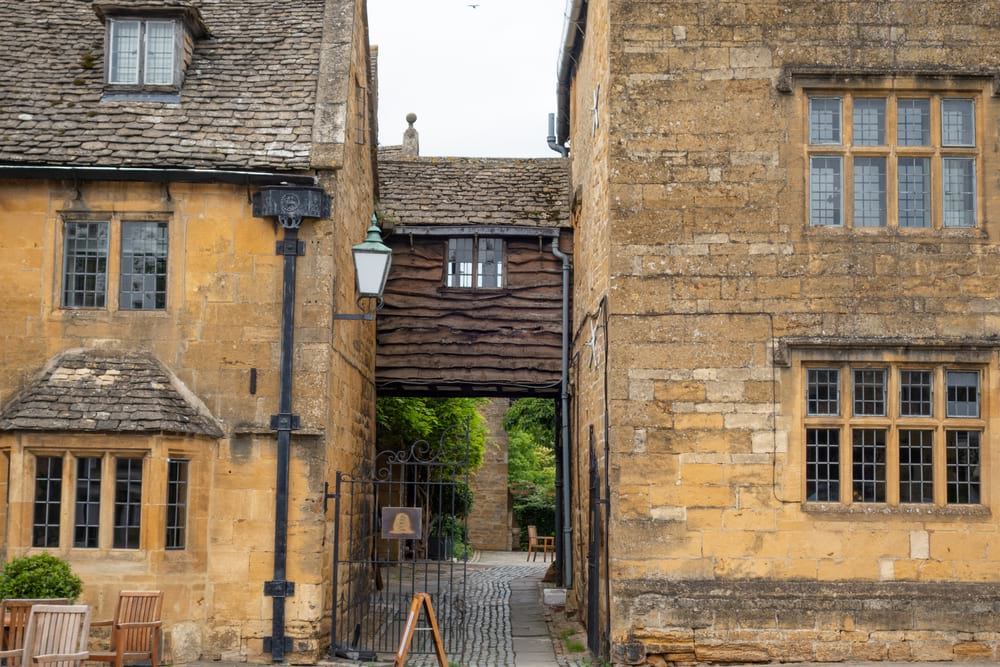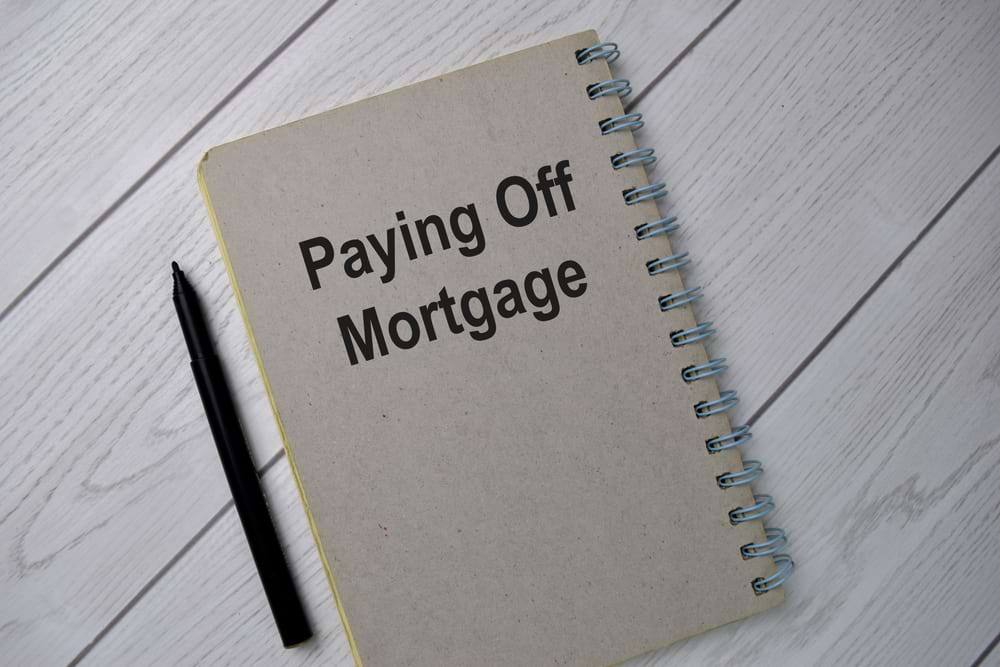Falling for a property scam is a nightmare for anyone looking to buy, sell, or invest in property.
Many only realise they have fallen for one once it’s too late.
Whether you are a victim or want to avoid them in the future, educating yourself is worthwhile.
Read on to learn about examples of property scams and tips for spotting one.
What property scams?
Property scams (or house sale scams) are schemes that deceive – or try to deceive – house sellers, buyers, or investors.
They can come in several forms, many of which are difficult to detect.
Some might cost the victims relatively small amounts of money. Others might cause significant financial loss.
How common are property scams?
Thousands of people across the UK fall victim to a property sale scam each year.
According to Sold.co.uk, around £216 million has been lost to house-buying and renting scams.
This amounts to 71% of the value of fraud in the UK.
Nearly half of scam victims are under 39, suggesting a higher risk among first-time buyers.
Common examples of property scams
Fake listings
Fake listings are one of the most common types of property scams.
The scammer might create a property listing (maybe including photos) online.
This might even be placed on a legitimate property website (and victims fall for it before the website takes it down).
They’ll then ask interested viewers to transfer a ‘reservation fee’ or ‘deposit’ for the property.
However, the catch is that the property doesn’t exist, does exist but isn’t for sale, or isn’t for sale through the scammer.
Phantom rentals
A version of this type of scam also happens in the rental industry, where it is often known as a phantom rental scam.
This sometimes even happens with properties that victims can visit.
After a viewing, the scammer, who has no authority to lease it out, asks for payment up-front (before any contracts are signed).
Once the victim pays, the scammer may become uncontactable. The victim may not have any legal basis to get their money back.
Fake cheques
Some scam ‘buyers’ might send fake cheques for a deposit to home sellers. This scam relies on the fact that fake cheques may take time to be detected.
They then state that a mistake has been made and ask for the money to be returned.
They may use a false sense of urgency or even emotional manipulation to get the victim to send the money back quickly.
The victim may comply by sending their own money before the cheque bounces.
Land or bad property
The lines around house sale scams can be slightly blurred. Scammers may sell unknowing victims land or defective property.
The scammer may tell victims they can build on the land when they can’t. Or they might hide significant issues about property that aren’t revealed until after the purchase.
While this is actionable in many cases (i.e., the victim can sue), the scammer might have used a fake identity or contact details.
Additionally, scammers may bury important information in a contract’s small print, hoping buyers will miss it.
This might mean it isn’t a scam in the legal sense, even though the seller knows it is unethical.
Quick house sale scams
Quick house sale scams involve fraudulent companies claiming to buy houses for cash quickly.
They lure homeowners with promises of fast and chain-free sales but often never pay.
Red flags to spot this category of scam include:
- No upfront information: Legitimate cash buying companies provide details about the process
- Pressuring you to sign: Be cautious if they rush you
- High fees: Genuine companies usually cover most fees
- Unrealistic offers: Offers significantly below market value are suspicious
- Lack of communication: If they’re hard to reach, or refuse to meet in person, be wary
- No written agreement: Avoid dealing without a formal contract.
Real-life property scam example
In September 2024, a 72-year-old woman from Hertfordshire was sentenced to 43 months imprisonment for scamming another woman in her 70s out of £113,000.
The scammer in question used a trust-building approach to defraud her victim.
She befriended the victim, who was grieving the loss of her husband, and offered a seemingly lucrative property investment opportunity.
The victim handed over the money, which the scammer used for personal expenses, including high-end clothing, a new car, and a holiday in Dubai.
How to spot property scams
If a property sale or purchase seems too good to be true, it probably is.
It’s essential that you are supported by an independent estate agent or conveyancer who can advise you if something is suspicious.
Tactics for spotting property scams
There are plenty of other ways to spot property scams, including:
- Check that they are registered with relevant bodies, such as the property ombudsman
- Ask for proof of funding
- Meet them in-person
- Don’t ever send an up-front payment
- Check their online reviews
- Look at their Companies House or Land Registry listing.
Try to keep your important information, such as bank account information, private at all times.
And you should also walk away from anyone trying to apply pressure tactics.
Rushing through a transaction is the most common way for you to be scammed, as you don’t have time to thoroughly check that everything is legitimate.
Sometimes, the scammer will put you in touch with a fake reference who claims to be a satisfied former customer.
You should be wary about this. They might be a friend or colleague who is part of the scam.
What should you do if you’ve been property sale scammed?
The UK government has a branch that you should contact if you are a victim of a property scam.
You can contact:
- The HM Land Registry property fraud team on 0300 006 7030 (restricted office opening hours may apply)
- Action Fraud on 0300 123 2040.
It’s worth getting advice from the Citizens Advice Bureau and an independent legal adviser. These can provide insight into your best steps forward.




















